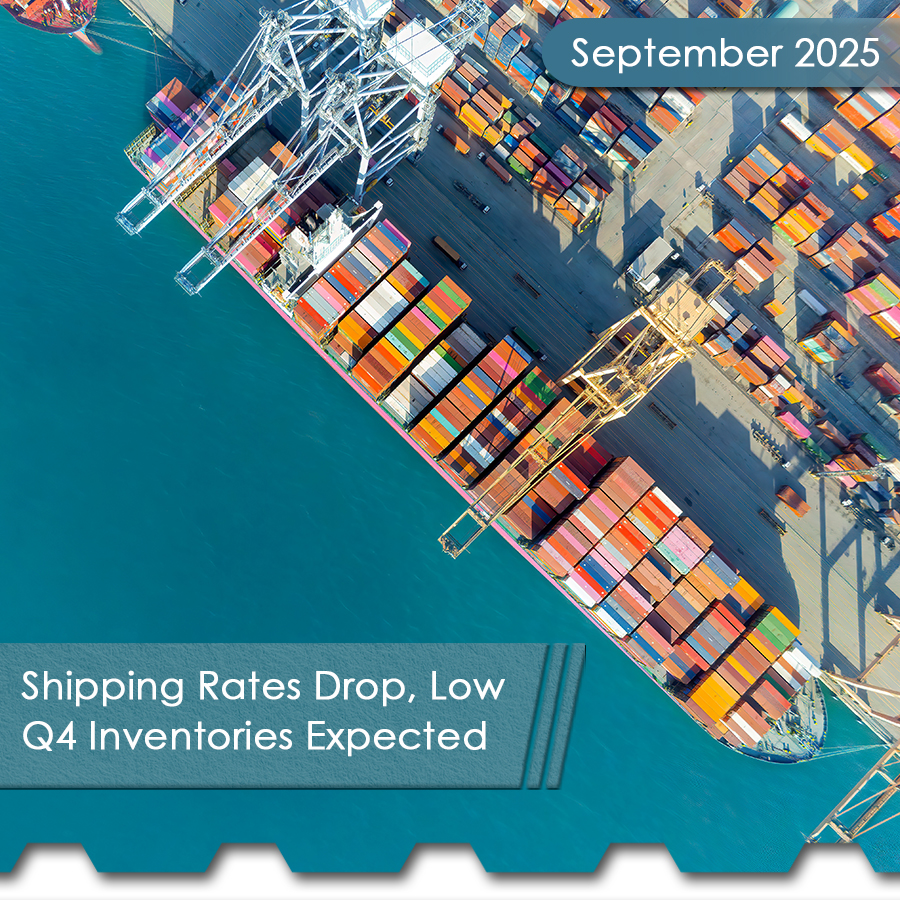Rhine River levels are returning to normal, meaning higher barge capacity resulting in lower barge rates into and out of Germany.
The Central Commission for the Navigation of the Rhine (CCNR) explains that water levels are currently rising due to significant surface discharge from recent rain events, but has warned this trend may not sustain. For significantly better Rhine levels in spring of 2019, CCNR administrator Kai Kempmann warns, “We will need a precipitation of 1,000 millimeters in December, which is about 120% of the average monthly rainfall.” Even still, Kempmann does not expect levels to fall to the extremes observed through these previous summer and autumn months.
According to data collected by Bundesanstalt für Gewässerkunde (the German Federal Institute of Hydrology), current levels are within mean range, though stations in Maxau (upper Rhine), Kaub (mid Rhine), and Emmerich (lower Rhine), all report levels are currently dropping as of Dec. 28, 2018.
The CCNR quarterly freight rate index fluctuates around the 100 mark during periods where the load capacity of 2.5 and 3-meter draught vessels can operate at 60% or greater capacity. 2018 has seen freight indices topping the 500 mark from May through the present, as 3-meter draught vessels are just able to make 40% capacity, while smaller vessels are breaking 50%.
The CCNR freight index is expected to decline over the first quarter of 2019, with reports that rates have already significantly shifted.
Source Article:
Freight rates on the Rhine subside as water levels finally rise


